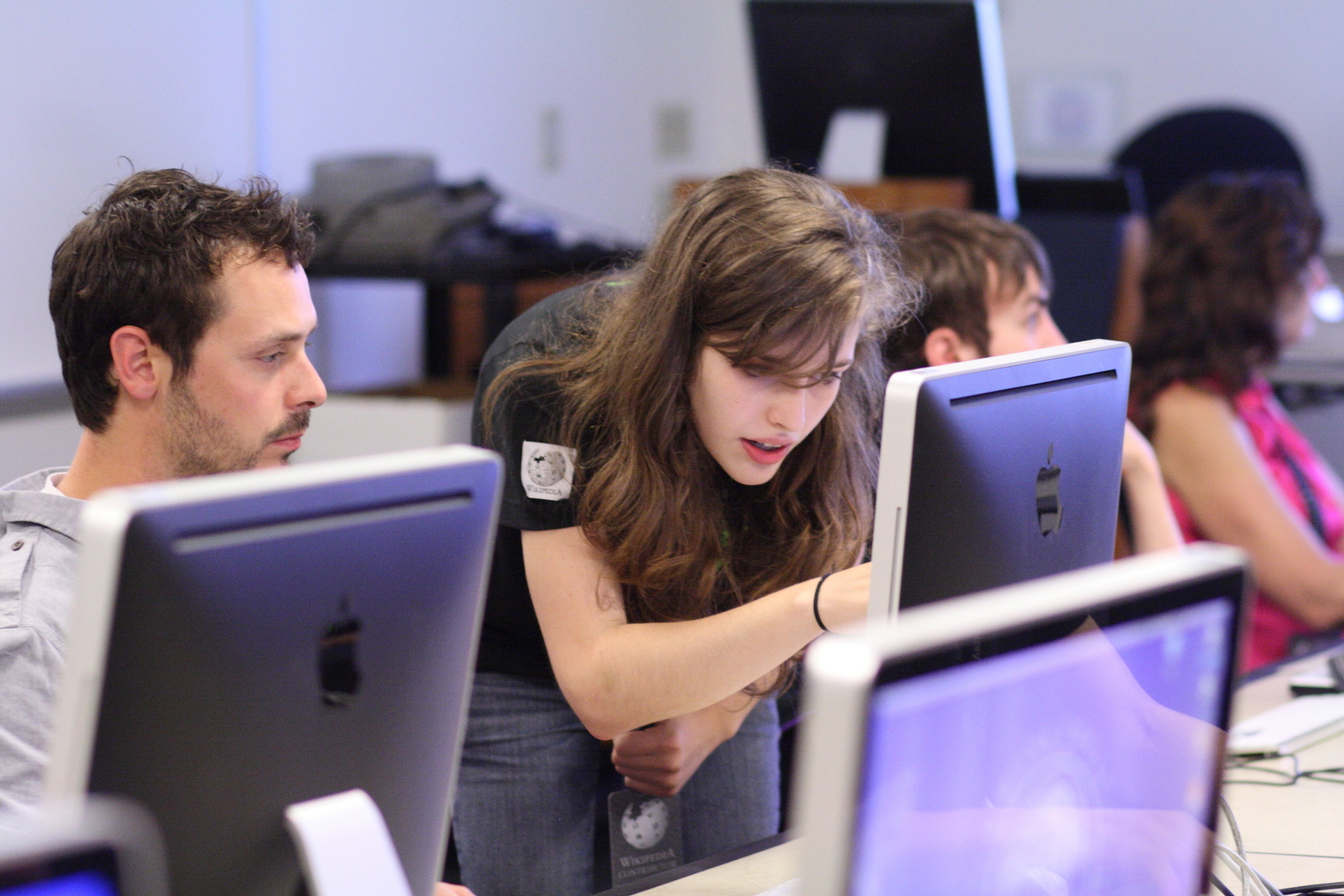University transformation: the wrong research questions are being asked

This article was written by Anné H. Verhoef
“Transformation” is a word regularly in global higher education research. It normally implies deep change in knowledge and curriculum. It often entails questions about inclusion, identity, diversity, power, intellectual traditions and intellectual justice.
In South Africa, the word means something quite different in higher education. Its definition is rooted in the country’s apartheid history. The transition to democracy in 1994 gave impetus to transform the higher education system into one that was open, relevant and non-discriminatory.
The problem is that transformation is often loosely defined. There’s no clear consensus about its scope and aims. This lack of clarity means that research in South Africa about a wide variety of themes under the umbrella term of “transformation” may not actually be asking the right questions.
And asking the wrong questions means getting the wrong and irrelevant answers. It also sets back policy changes. Eventually this may discourage much needed transformation in higher education.
To understand what questions are and are not being asked, two of my colleagues and I analysed 1050 articles published in the South African Journal of Higher Education between 2005 and 2015.
We found four main patterns in how authors engaged with issues of transformation. We also identified a few shortcomings in their engagements. If these are addressed, it could help ensure that this crucial topic is properly understood. This can then be translated into solid, realistic policy and changes.
Research trends in South Africa
Only 30 of the 1050 articles we examined used the words “transformation”, “transformative” or “transforming” in their titles. We then analysed the 30 in more depth. Four quite distinct approaches to understanding transformation emerged.
These were transformation through curriculum; transformation through structures; transformation through redressing equity; and transformation through access.
1. Transformation through curriculum
Twelve articles positioned transformation in the higher education curriculum. They suggested that transformation takes place through what is taught and how it is taught, how results are measured and, for instance, how technology is integrated into teaching.
The articles in this pattern also presented a curriculum as something that’s flexible and constantly evolving. The authors explored the ways that professional development and student feedback could be used to test, critique and apply curricular reforms.
Some of the articles in this pattern presented teacher education as a space in which to start transforming the curriculum.
2. Transformation through structures
Nine articles related transformation to structures in higher education. There were three key aspects in these articles: ideas, practices and the role of structure in nation building; broader national trends such as higher education policy evaluation and reform; and the structures within institutions that influence transformation.
These structures include institutional culture underpinned by hegemonic forces that shape institutional transformation. That is: university education with whom, by whom and for whom. The research in this pattern explored how an institution’s leaders can emerge as sceptics or advocates for transformation. It also looked at transformation emanating from the institutional mergers of the mid 2000s.
3. Transformation through redressing equity
Six of the articles viewed transformation as redressing equity in higher education. In a post-apartheid South African context the expectation – as outlined in the Education White Paper of 1997 – is that
the higher education system must be transformed to redress past inequalities, to serve a new social order, to meet pressing national needs … to overcome the fragmentation, inequality and inefficiency which are the legacy of the past.
These articles viewed equity redress as being embedded in race, gender and class. They took the view that once universities open up access across class, race and gender – for students and staff – they’re on the road to transformation. These researchers referred specifically to the inclusion and exclusion of academic staff within institutions, including through recruitment policies.
So transformation was viewed as occurring through employment equity, the reconfiguration of power structures and alternative ways of conceptualising an institution’s staff diversity profiles.
4. Transformation through access
Three of the articles argued that access is a prerequisite for successful transformation in higher education. These articles contended that access was shaped by contextual and personal forces. In these arguments, specific reference was made to the access of black women academics. The articles also discussed the access to tertiary education of underprepared students.
These students struggled with language barriers or literacy challenges. They often battled to read and write in the language of instruction.
Shortcomings in research
These national research trends give close attention to the structural and ideological dimensions that shape transformation. This focus echoes the issues articulated in national policy.
The research trends we uncovered address some crucial aspects of transformation. But they fall short in three critical ways: internationalisation, interdisciplinary contributions and embracing transformation’s inherent complexity.
In higher education, internationalisation refers to universities crossing borders to attain certain academic, economic, political and cultural aims. It is the process of integrating an international and intercultural dimension into the core activities of higher education – teaching, learning, research and community engagement.
Internationalisation is necessary to broaden the discourse around transformation.
It’s also crucial that research in higher education should look beyond the education discipline alone. It needs to include input from other disciplines. The value of interdisciplinary research and education is that it increases competitiveness: knowledge creation and innovation frequently occur at the interface of disciplines. It also helps to ensure better educational programmes, which then improves students’ ability to work in a problem-oriented way.
Finally, embracing the complexity of transformation – understanding it as as a fluid open-ended construct rather than a static notion that is only focused on demographic changes – would help to bring about profound changes in the higher education domain.
If these approaches are given more attention in future research, South Africa’s policies can be greatly improved. This could make transformation in higher education tangible rather than just a pipe dream.
![]()
Anné H. Verhoef, Associate Professor in Philosophy, North-West University
This article was originally published on The Conversation. Read the original article.





